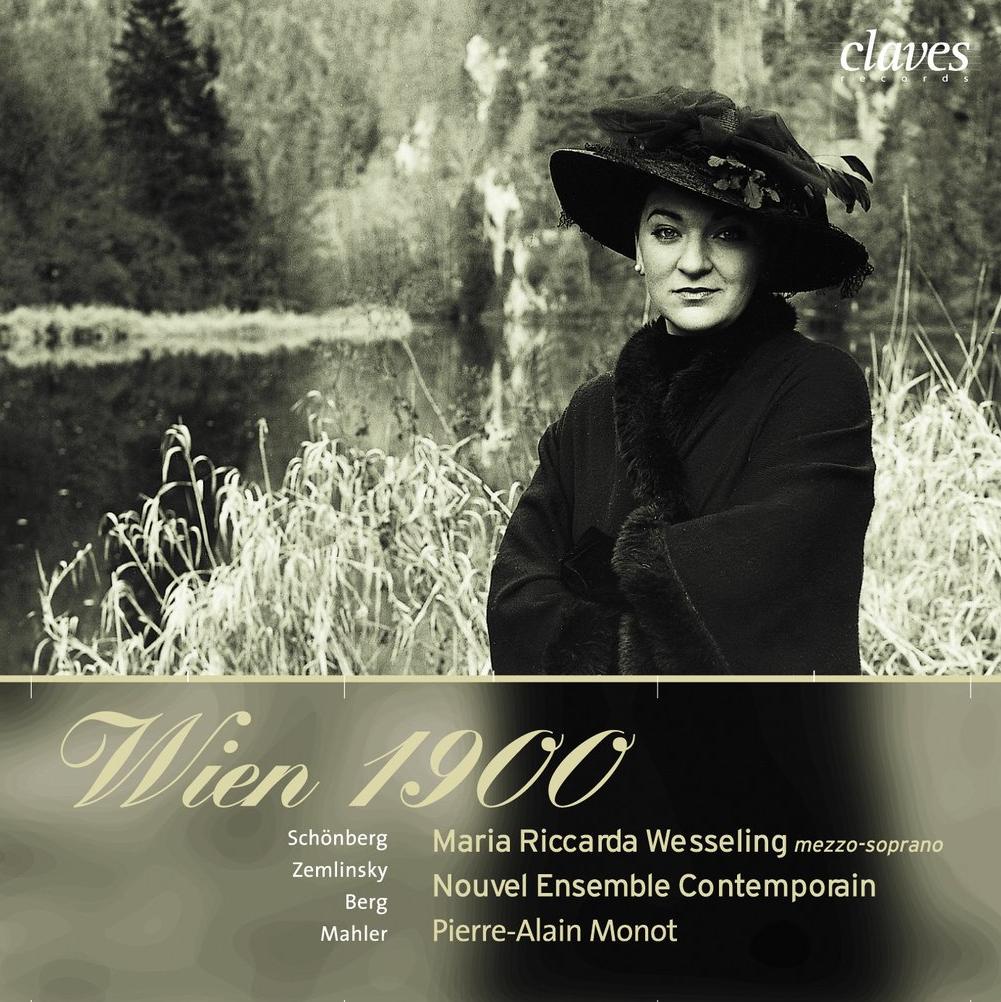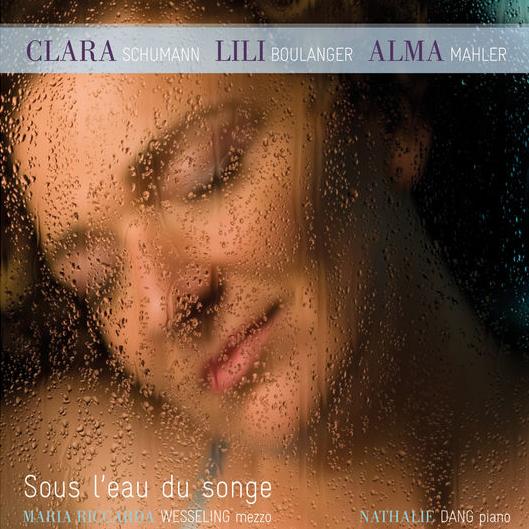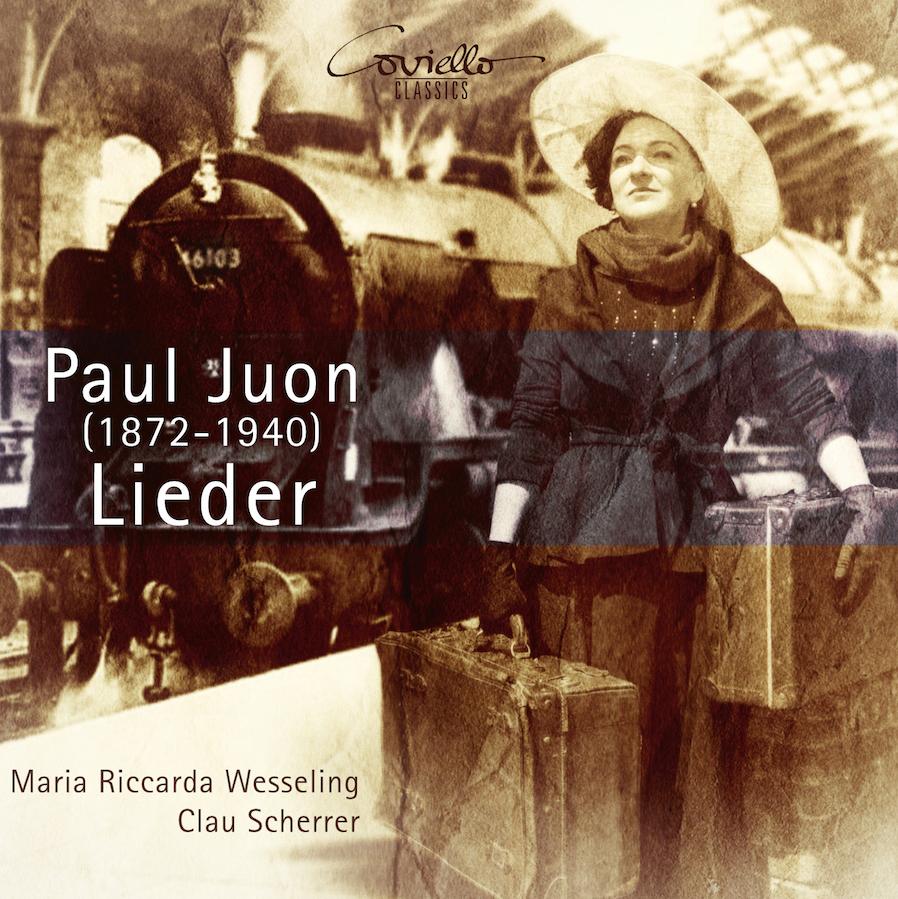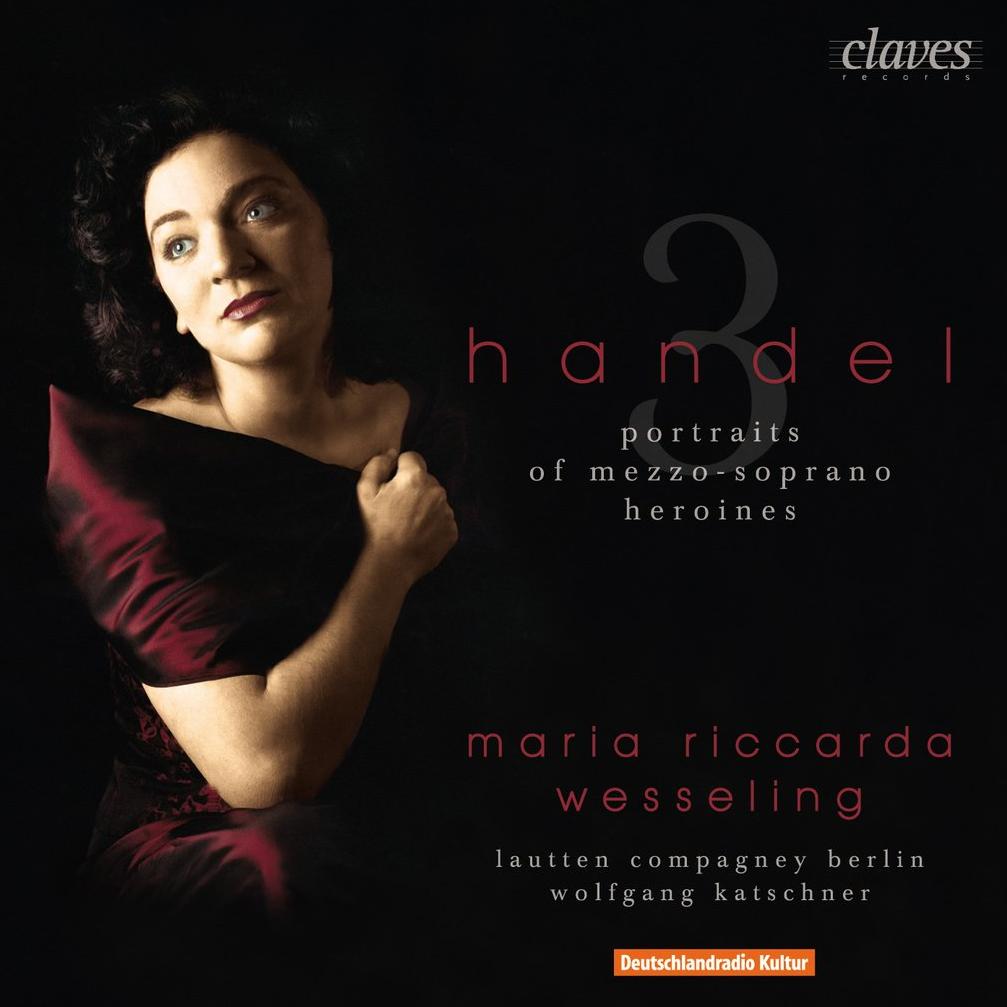REVIEW IN GRAMOPHONE
Paul Juon (1872-1940) was born in Russia into a German-Swiss expat family and studied at the Moscow Conservatory, though from 1904 he was based in Berlin, eventually emigrating to Switzerland after the Nazi acquisition of power. He is primarily remembered as a composer of chamber music, and his Lieder and folk-song collections remained in limbo until they were rediscovered by the Swiss mezzo Maria Riccarda Wesseling during research at Lausanne University. Her Juon programme was originally intended as a birthday present to her mother, who comes from the same canton as the composer’s family.
‘Can you still play the old songs?’ Juon asks in the opening ‘Erinnerung’, to which a descending Schumannesque piano phrase answers in the affirmative. A sense of rootless nostalgia pervades his music, and his songs to some extent form an at times conservative dialogue with tradition. There are echoes of Schubert in ‘Das Mädchen’ and of Wolf in ‘Jugend’, with its declamatory vocal line over a shepherd’s pipe melody that hovers uneasily between major and minor. He was keen on folk music and one notices a fondness for strophic forms. There are moments of rebellion: ‘Klage der Gattin’ turns expressionist in its depiction of a wife confronted by her husband’s adultery; ‘Paradies’ has a harmonically drifting accompaniment worthy of Scriabin. Wesseling includes three of his folk collections – Jewish, Ukrainian and Russian – that veer, paradoxically, towards art songs with their sparse, aphoristic piano-writing.
She and pianist Clau Scherrer are persuasive guides through Juon’s world. Wesseling’s voice is expressive, and she has a finely understated way with words. In the folk songs, one notices the ironic smile in her tone as a macho Cossack is dumped by his girlfriend in the Ukrainian set, and a refined sensuality as a corresponding Russian pair meet furtively by a brook. The Lieder proper are all little dramas, with moods and characters carefully etched. Scherrer is a wonderful accompanist, subtle, clear and alert throughout. A disc of great sincerity, beautifully done.
review music web international - rob barnett
Eloquent and to the point. A strong selection of varied songs most artistically presented.
review fono forum
Nostalgisch sind auch die auf dieser CD präsentierten Lieder, tragen sie doch eine heimelige Tradition des 19. Jahrhunderts mit sich, wenden sich entschieden gegen den „kalten Intellektualismus“ etwa eines Schönberg (so der Komponist in seiner Autobiografie).
Es sind bezaubernde Kameen, farbenreich und melodienselig. Und obwohl sich Juon gelegentlich wie ein Chamäleon gebärdet und Stile mancher seiner Zeitgenossen assimiliert, bleibt er eine völlig eigenständige Persönlichkeit – selbst bei der Adaption von Volksliedern (die CD bietet ukrainische, russische und jüdische in Juons Bearbeitung).
Wesseling, die auch schon Wagners Fricka gesungen hat, verweigert in ihrer Interpretation jeden Opernton. Einfühlend begleitet von Clau Scherrer singt sie hell, schlank, flexibel und elegant, gelegentlich beinahe chansonhaft. Eine schöne, feine CD, und zugleich eine echte Entdeckung fürs Repertoire.
CD-Tipp vom 16.9.2016 aus der Sendung „SWR2 Treffpunkt Klassik – Neue CDs"
Faszinierend an der CD, die Maria Riccarda Wesseling und Pianist Clau Scherrer zusammengestellt haben, ist die Gegenüberstellung von Juons ganz einfachen Volksliedsätzen und seinen Kunstliedern. Eine spannende Reise in eine noch viel zu wenig erkundete Klangwelt.





